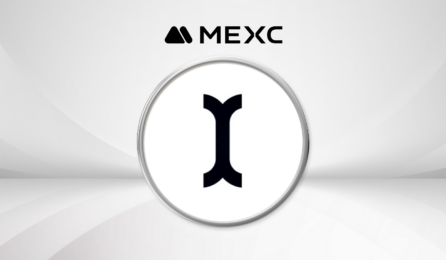
Qatar’s regulatory issues a blanket ban on crypto services in the Gulf
- Recent reports from Qatar say that the country has banned all crypto-related services throughout the Gulf.
- Apart from regulated assets, no trading instruments will be allowed due to the new ban.
- Meanwhile, the EU is bringing new, stricter KYC and AML procedures that are taking effect from January 10th.
It has been only a few days of 2020, but the year has already been marked with quite a bit of important development. One of the hottest topics right now is Qatar’s Financial Center’s decision to issue a blanket ban on all crypto-related services throughout the Gulf nation.
In fact, the ban does not only cover digital currencies, but ‘anything of value’ that could be used as a method of payment, and instead of fiat currencies.
Only regulated assets can be used in Qatar
Copy link to sectionAs many may be aware, Qatar’s Financial Center is the country’s regulatory authority. Its new announcement to ban everything that can be used as a substitute for fiat currencies came as a major surprise for its citizens, especially since it goes beyond simply covering cryptos.
In fact, the only digital forms of financial instruments that are not covered are those that are heavily regulated. In other words, as long as securities or financial instruments are regulated — either by the Financial Markets Authority or other governing bodies — they are free to be traded.
Meanwhile, any crypto-related businesses are being shut down due to extremely strict AML rules.
Crypto sector finally getting regulated
Copy link to sectionOf course, Qatar is far from being the only country to make an extreme move against cryptocurrencies lately. The EU has recently tightened its own crypto laws as well, announcing that crypto-related businesses have to comply with the new laws by January 10th.
The new AML directive, known as the Fifth Anti-Money Laundering Directive (5AMLD) has stricter KYC and AML procedures, and it requires businesses to monitor and report all crypto transactions. Meanwhile, the EU also issued a new set of rules that businesses will have to follow while conducting their own KYC checks. And, if they happen to run across a suspicious transaction, they will have to file SARs (Suspicious Activity Reports) with the authorities. In other words, the EU crypto market is getting under increased surveillance and supervision, which is something that many are glad to see, mostly because they lack regulations was the only barrier that prevented countless businesses from joining the crypto sector sooner.







